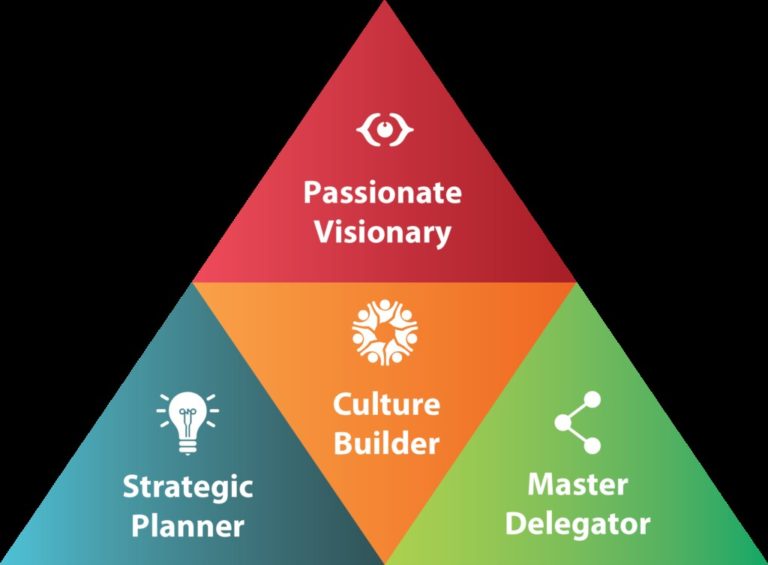

For 15 years, Paul C Bellows has worked with thousands of bold,driven, and compassionate business leaders to help them achieve their mission and do more good in their communities and around the planet.
He is the founder and CEO of a thriving advisory firm known as “Be Good at Doing Good” where his passion is coaching entrepreneurs and CEOs to help them grow their organization, create sustainable business models, and give back in big ways. He specializes in strategic planning, organizational restructuring, leadership development, culture building, green strategies and exit planning. He also facilitatesmastermind groups, planning retreats, andpresents powerful, practical, and inspirational motivational speeches to all types of companies, non-profits, and associations around the globe.
Paul owned his first business – a BBQ restaurant – in the 1980’s while he was attending the University of Arizona. In the 1990’s, Paul spent 5 years as VP of Asian Operations for GlobeTech International where he grew revenue by more than 1,000%. In 1999 Paul purchased his own high-tech manufacturing company, which he built into a global leader and sold in 2005.
Paul‘s book and proprietarycoaching process- “Be Good at Doing Good!: A Coaching and Planning Guide for the Small Business Owner” – will be released in the spring of 2020. Paul has a Master’s degree in Asian Studies from the University of San Francisco and loves to spend time sailing and traveling with his family.
Knowing how to lead in a given situation and time frame is the defining factor for adaptable and capable modern business leaders. In my work over the last fifteen years helping thousands of passionate, hard-working CEOs, entrepreneurs and business leaders develop and implement their SLAP! (Strategic Living Action Plan), I’ve concluded that superlative business leadership consists of the following four essential Business Leadership Master Roles:
Passionate Visionaries set and clearly communicate the purpose and vision of the organization. They see the big picture of where the organization is going and its place in their specific industry and community.
Passionate Visionaries inspire the team and stakeholders with an exciting, promising outlook of the future. They have a single-minded passion about the direction of the organization and lead by example with their expertise and reminders about the importance of aligning daily actions with the purpose and vision of the organization.
Strategic Planners lead the development of a SLAP! In this role, strategies, goals, and tactics are developed, prioritized, and shared. Strategic thinkers are valued for their focus on delivering existing products and services while, at the same time, evaluating new opportunities, calculating resources, and mitigating risk.
By taking prideful and non-productive decisions out of the equation, the strategic planner sets a logical path for achieving the vision statement within the parameters of the core values and overall purpose of the organization.
Master Delegators develop and maintain an organizational structure to delegate the execution of the strategic plan to qualified members of the team and focus on accomplishing goals, creating rigorous processes, measuring results, and improving performance and profit.
For many business owners, especially those who are subject matter experts that command high standards, delegation to managers and team members can be a challenge. Through a commitment to personal development, consistent processes, and effective communication about expectations, these owners can learn to lead and earn trust.
Culture Builders construct a healthy, safe, and thriving environment for managers, employees, teams, and strategic partners to grow, flourish, and innovate, and for customers to receive immense value, give feedback, and become raving fans.

Culture builders realize that right-fit people in a cooperative environment will raise the standards of products, services, and customer service. Wrong-fit people will ultimately bring down the quality of everything the organization does and stands for.
When I introduce this pyramid and roles to clients and audiences, I am often asked “Which Master Role is most important?” The answer has been proven time and time again: building a culture that is healthy, safe, and thriving.The remaining elements cannot be fully realized or executed if the culture is weak, underperforming, or toxic.
There are times when one aspect of leadership is needed more than the others, but overall culture trumps strategy, or as Peter F. Drucker puts it, “culture eats strategy for breakfast.”
That being said, healthy cultures are developed and constantly fine-tuned out of a comprehensive strategic planning and coaching process (like my SLAP!)that is alive, aligned, executed, and measured.
With various degrees of experience, training, and natural ability, each of us are competent in some aspects of these Master Roles. The leader of a prosperous organization generates long-term results by learning, being, and doing all of these roles well.
Anyone can get short-term results through fear, intimidation, and a heavy hand. Getting results by doing it yourself, stressing everyone out, and leaving a wake of destruction is not the answer. Sustainable results come from trust, teamwork, and the accomplishment of shared goals.
Ultimately, this means effective business leadership is about getting improved results the right way with the right people for the right reasons. As a leader intent on being more, making more, giving back more, and exiting with more, you understand you will be held accountable for everything your organization produces as well as how those results were produced.
So take a deep look at how well you are doing in each of the Master Roles right now and make a commitment to improve your performance to match your visionary aspirations.

Leave us a message
Subscribe
Fill the form our team will contact you
Advertise with us
Fill the form our team will contact you